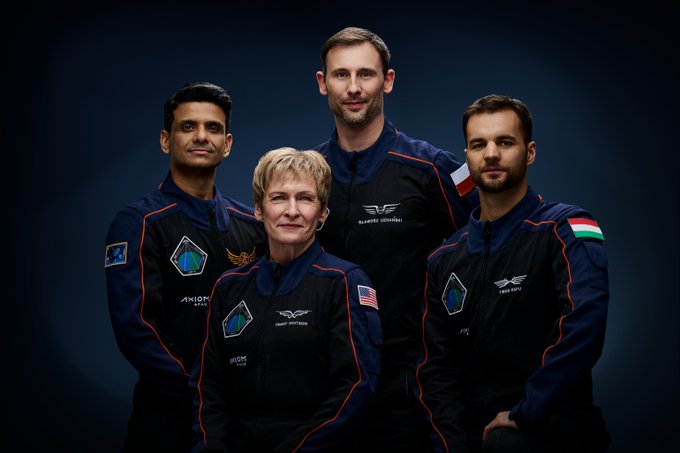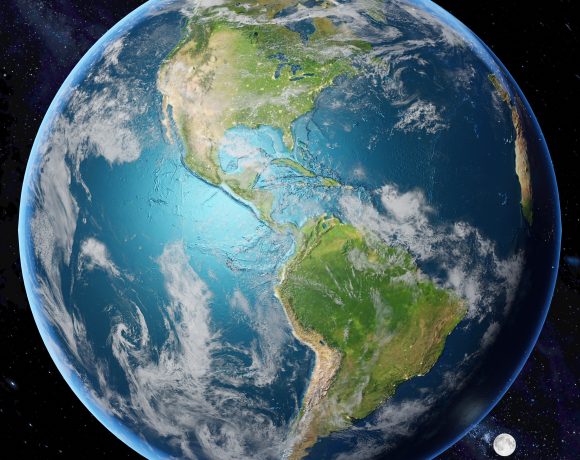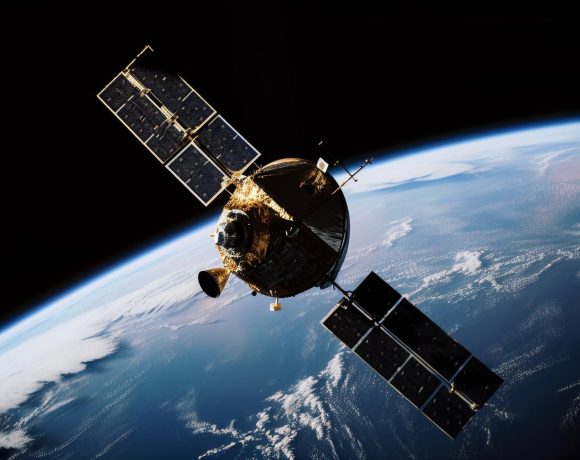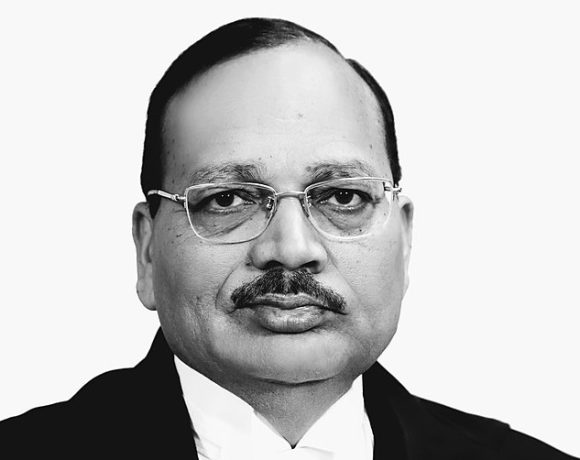
Shubhanshu Shukla Set to Pilot Axiom-4 to ISS on June 25
Group Captain Shubhanshu Shukla of the Indian Air Force is set to make history as he prepares to pilot the Axiom-4 mission to the International Space Station (ISS). The launch, confirmed for June 25, will take place from NASA’s Kennedy Space Center in Florida at 12:01 PM IST (2:31 AM EDT). The crew capsule is expected to dock with the ISS around 7 AM IST on June 26.
This mission marks a major milestone for India’s space ambitions. Shukla will become the first Indian to fly as part of a private space mission and only the second Indian astronaut in space after Rakesh Sharma’s historic flight in 1984.
Mission Timeline and Delays
The Axiom-4 mission, originally scheduled for May 29, faced a series of delays due to technical issues. Initial concerns arose from a liquid oxygen leak in the Falcon 9 launch vehicle. Subsequently, additional postponements were caused by maintenance activity aboard the ISS and further safety checks, pushing the mission to its final June 25 window.
Despite the setbacks, NASA, Axiom Space, and SpaceX have confirmed that all systems are now go. The mission is expected to last between 14 and 21 days, during which the crew will conduct a range of scientific experiments in microgravity.
Crew Composition and Partnerships
The four-member crew for Ax-4 includes mission commander Peggy Whitson from the United States, along with specialists Tibor Kapu of Hungary and Sławosz Uznański-Wiśniewski of Poland. Group Captain Shukla joins as the pilot and Indian representative, further strengthening global cooperation in space research.
This mission reflects a multi-agency collaboration between NASA, SpaceX, ISRO, the European Space Agency (ESA), and Axiom Space. It showcases how international partnerships are redefining the landscape of human spaceflight.
India’s Cultural Footprint in Space
Adding a uniquely Indian touch, Shukla will carry a mission badge designed by Indian designer Manish Tripathi. The emblem celebrates India’s astronomical heritage—from ancient observatories to modern achievements like Chandrayaan and Gaganyaan—marking India’s growing presence in the global space community.


















